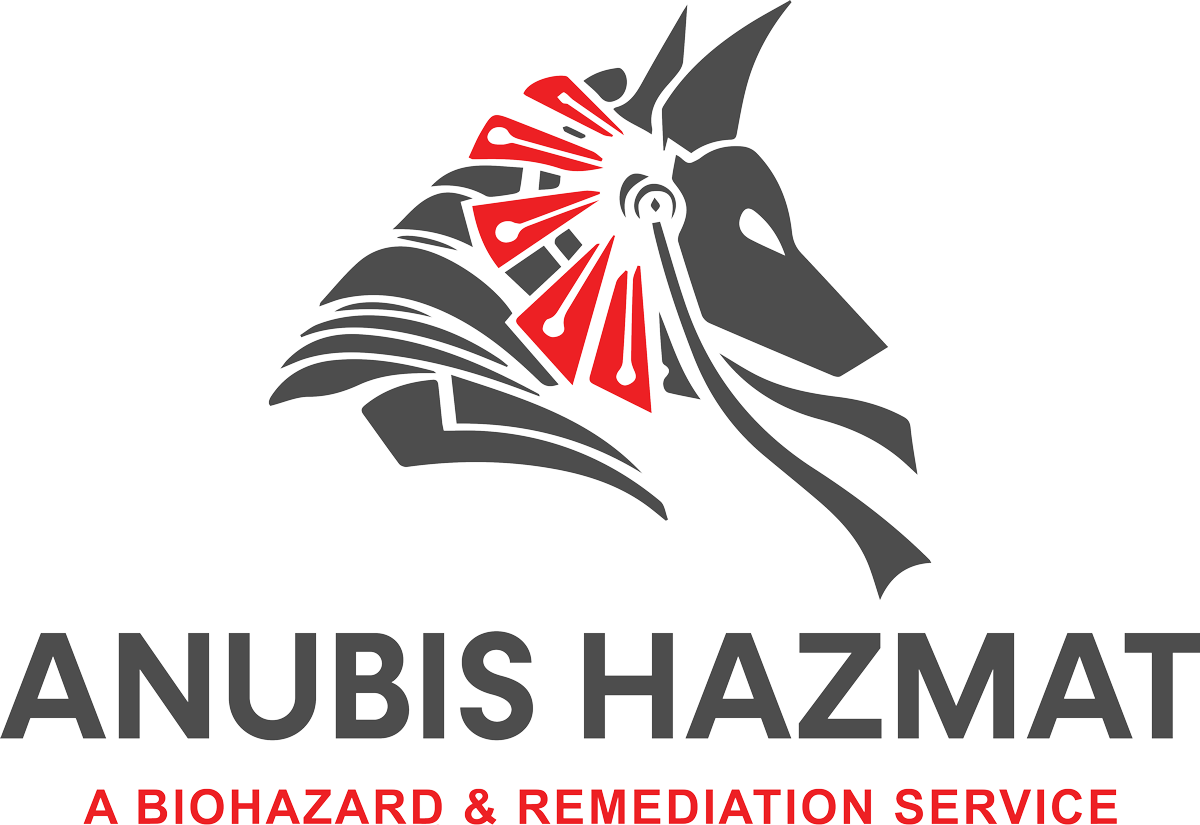What Are Crime Scene Cleaners Called?
Ever wonder who cleans up after a crime scene? Meet the unsung heroes of the criminal justice system: the crime scene cleaners.
Crime scene cleaners have a rather unenviable job: they are the brave souls that help clean up after crime scenes. From places of violence, robbery, and homicide they arrive to restore order, balance and peace in a respectful and dignified manner.
These brave individuals are also known as "The Clean-up Crew," "Biohazard Remediation Specialists," and our personal favorite, "The Blood Cleaners." But, don't let their nicknames fool you, these professionals have a tough and important job to do.
But, What Do You Call These Professionals?
Crime scene cleaning is often referred to by many names, but the most common names include “trauma cleaners”, “bio-recovery technicians”, “hazardous material removers” and of course, just plain old “crime scene cleaner”.
But why so many names?
Well, it depends really. Trauma cleaners are commonly called upon during accidents or natural disasters as well as crime scenes. Bio-recovery technicians specialize in removing biohazards from a space without any risk of contamination or spread of bacteria or other substances. Meanwhile hazardous material removers are there to clean up any kind of hazardous materials such as chemicals or weapons left behind during the investigation.
No matter what name you choose for these professionals, rest assured that their efforts play an important role in making sure our communities remain healthy and safe places to live!
So, What Does a Crime Scene Cleaner Do Exactly?
Well, trust me, it's not for the faint of heart. These professionals must be able to handle difficult and potentially traumatic situations, such as cleaning up after a violent crime or natural death. They must also be trained in the proper handling of hazardous materials, such as blood-borne pathogens, to ensure the safety of themselves and others.
And, let me tell you, it's not as easy as it sounds. One cleaner we know of, let's call him Bob, accidentally sprayed himself with a biohazardous substance while on the job. He spent the next week explaining to everyone at the office that no, he did not have a contagious disease and yes, he did shower multiple times a day
In short, crime scene cleaners are important professionals who work tirelessly behind the scenes to ensure that crime scenes are properly cleaned and disinfected. They play an essential role in the criminal justice system and are often the unsung heroes of the process.
The Training and Certification of Crime Scene Cleaners
It's not for the faint of heart. But if you're up for the challenge, it can be a rewarding and fulfilling career.
First, let's talk about the education and training as the most important step on how to be a crime scene cleaner.
While there is no specific degree or certification required, it's recommended that aspiring cleaners have a background in fields such as biology or chemistry, as well as experience in cleaning and disinfecting. But don't worry, if you're not a science nerd, you can still become a cleaner with the right training and certifications.
Once you've got the education and training down, it's time to find a job. Crime scene cleaners are typically hired by companies that specialize in biohazard remediation or by organizations such as law enforcement agencies or funeral homes.
Now, when it comes to certifications, there are a few key ones to have under your belt. OSHA and IICRC are two of the most important, as they ensure that you have the knowledge and skills to handle hazardous materials and disinfect crime scenes safely.
But, perhaps the most important qualifications for becoming a crime scene cleaner are having a strong stomach and a compassionate heart. You'll be dealing with some pretty gruesome stuff on the job, so it's important to be able to handle it without getting too squeamish. And, as you'll be working with people who have been through traumatic experiences, it's essential to have a compassionate heart to help them through the process.
The Challenges of Being a Crime Scene Cleaner
Even with all the training and certifications, being a crime scene cleaner is not all sunshine and rainbows. There are a lot of challenges that come with the territory, both physical and emotional.
Crime scene cleaners are often required to wear heavy protective gear, such as gloves, masks, and goggles, which can be uncomfortable and hot to wear for long periods of time. They also have to lift and move heavy equipment, and clean in tight and awkward spaces. And, let's not forget, they often have to work in a crime scene where the smell and sight can be overwhelming.
But, the emotional challenges are just as difficult. Crime scene cleaners are often the first responders to the aftermath of violent crimes and natural deaths, which can be traumatic and difficult to process. They often have to work with people who have been through traumatic experiences and may have to deal with the emotional fallout of the job.
However, despite the challenges, crime scene cleaners are essential members of the criminal justice system. They play a critical role in returning crime scenes to a safe and livable state, and helping people to move on from traumatic events.
Wrap Up!
Crime scene cleaners are the unsung heroes of communities - working behind the scenes to help them heal. They may call themselves "Crime Scene Cleanup Technicians" but you can call them whatever you want, as long as you remember these brave folks are the ones who get their hands dirty cleaning up messes so that you don't have to. And don't forget, they can even have a bit of fun with their jumpsuits! Some have even been known to decorate them with hilarious slogans like "I clean up your mess so you don't have to!"



